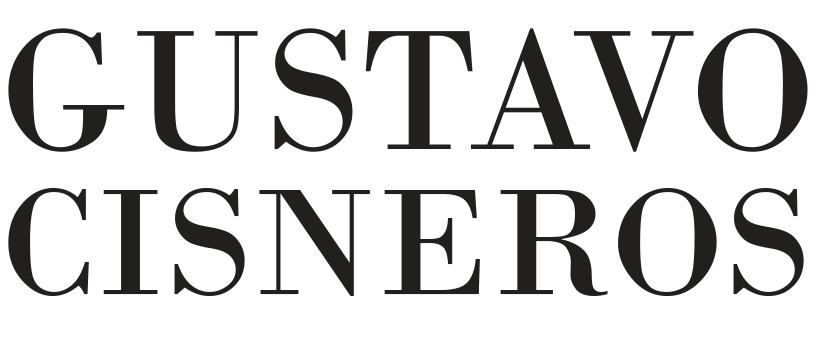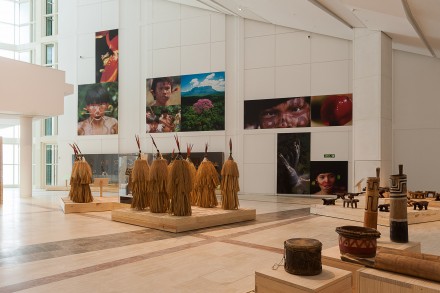The Colección Orinoco opened at the Museo Gaiás in Santiago de Compostela a few days ago. It is one of the most representative samples of the Latin American ethnographic world, and has been shown in several European countries -Germany, France, Switzerland, Czech Republic, Finland, Russia, Denmark and Slovenia- where it has been extraordinarily well received.
The exhibition arrives in Spain for the first time, which is significant for several reasons. First, because of the close ties we have with this country: friendship, tradition, business and even our own last name.
Second, because taking the Colección Orinoco to the Iberian Peninsula, and thus sharing with countless visitors an essential reality of the Venezuelan national identity, is for me paying homage to the 12 ethnic groups that have populated the Amazon jungle in the south of Venezuela. These groups have enriched the country’s cultural heritage with their rituals, customs and natural knowledge.
Third, because opening Orinoco in the magnificent spaces of the Gaiás Museum in Santiago de Compostela is the accomplishment of a project that involves more than 30 years of work, the collection of objects, research, and the documentation of a magical area and the extraordinary abundance of its most genuine natural beauty. To be able to offer all of this now to a country that centuries ago witnessed the transformation of these same inhabitants fills us with pride and satisfaction.







